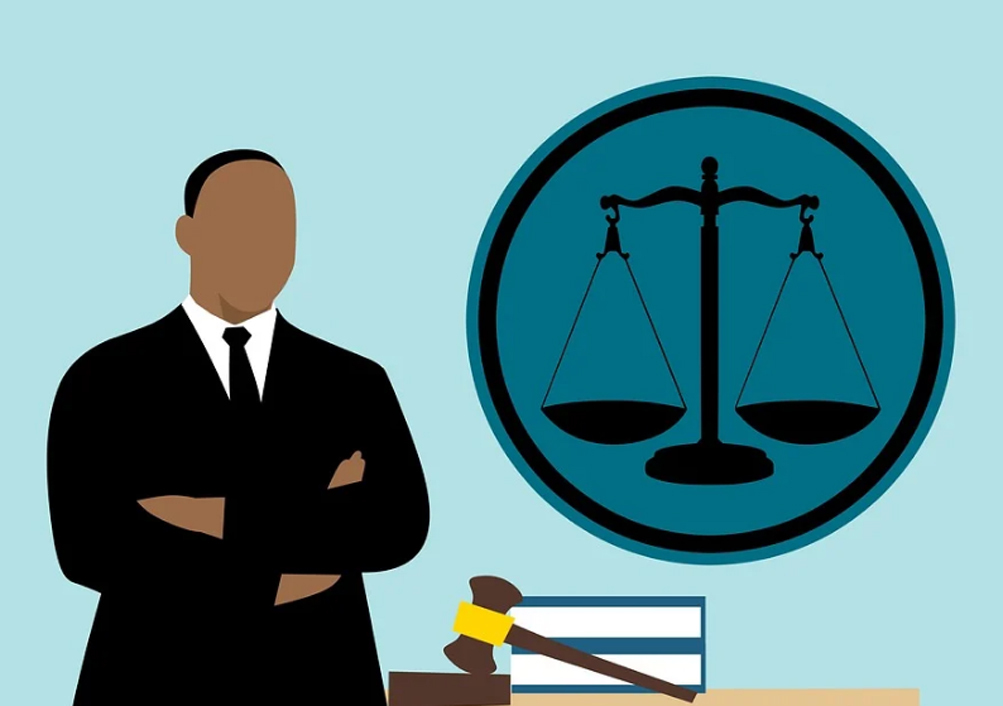
Your legal problem likely falls within one of many legal areas, with each constantly shifting as government regulation or court decisions alter it. Since lawyers tend to specialize in one particular practice area.
To locate an attorney, ask for referrals from friends and family or check with the lawyer referral service in your county.
Real estate law
Real estate law is an expansive field that includes various areas of legal expertise. From land ownership and ownership rights, to zoning laws and construction issues. As well as dealing with property taxes and mortgages. Furthermore, this field offers subspecializations such as landlord-tenant law, insurance law and estate planning.
Real property refers to any piece of land or the structures located there that is owned and used for residential or commercial purposes, which may also be owned by one individual but rented out to others, passed down through inheritance plans, or passed to future generations through estate planning. Real estate attorneys assist their clients in all areas of this law.
Real estate attorneys are invaluable assets when selling or buying homes. Real estate laws can be complex and confusing, so having someone on your side who understands these transactions will save time and money in the long run. Furthermore, hiring one in an unfamiliar city like New York could prove especially useful; such rules could include co-ops or condos having different requirements than elsewhere; they’re also invaluable if making large purchases such as commercial properties.
Real estate attorneys typically charge by the hour; however, flat fees may also be available. They should be able to explain any fees in advance so there are no surprises when it’s time for payment. Also important is using software like Smokeball to track hours – helping them get paid faster while maintaining client satisfaction.
Business law
Business law is the body of laws which outlines the rights and responsibilities of all those connected to a business concern, from conduct rules to order maintenance and dispute resolution. Every organization, regardless of size, should familiarize itself with these rules in order to maintain good health within their enterprise as well as safeguard consumers, employees and technological innovations. Besides property matters and technology-related concerns, business law covers numerous other matters as well.
Lawyers specializing in business law will understand the unique issues companies must contend with and can offer advice to their clients on the optimal structure for transactions to minimize risk and decrease chances of litigation, as well as assist them with any disputes that may arise from these transactions.
As opposed to other forms of attorneys, business lawyers tend to be less combative. Instead of fighting over blame and responsibility, these professionals specialize in their field and can offer practical advice that takes into account industry practices and ethics.
Before choosing a business attorney, it’s essential to ask various questions in order to assess if they will meet your company’s legal needs effectively. According to the American Bar Association (ABA), such inquiries could include:
Ask how long an attorney has been practicing business law; this will give an indication of their expertise in this area. Additionally, if they previously represented another company you should inquire whether this could create any conflicts of interests and bring all relevant documents with you when meeting with them.
Personal injury law
Personal injury law (also referred to as tort law) encompasses any harm done to one’s body or mind due to another party’s negligent or unreasonable acts, such as car accidents, falls on dangerous properties and other incidents. Claims usually include compensation for both economic losses as well as non-economic ones like pain and suffering incurred; punitive awards are rarely granted in such instances.
Personal injury lawsuits may take the form of formal court proceedings or informal settlement negotiations, with the latter often lasting several months to years or more. Either way, injured parties (known as plaintiffs) file an official court complaint against another person ( often an organization or government agency ), alleging their actions caused injuries that they suffered as the plaintiff.
To successfully bring a personal injury case, a plaintiff must demonstrate that negligence from defendant caused their accident, with expected and predictable outcomes of injuries as a result of it. Proving causation requires expertise of experienced personal injury lawyer.
Economic damages associated with personal injury claims typically include medical bills, hospital bills, surgery expenses, lab fees and prescription costs. They may also include lost wages as well as future earning potential based on current health issues. A good personal injury attorney will fight hard on your behalf for just compensation.
Every jurisdiction has laws regarding how long a plaintiff has to file civil litigation; this period of time is known as the statute of limitations. For instance, in New York you have three years from the date of injury to bring suit – although there may be exceptions.
Criminal law
Criminal law is an essential component of any society that prioritizes safety, justice, and order. Criminal lawyers ensure dangerous criminals are apprehended, prosecuted, and punished; compensate crime victims; deter potential lawbreakers; provide compensation to crime victims and deter future lawbreaking. Attorneys specializing in this area must possess strong legal analytical abilities along with excellent communication and interpersonal skills to be successful practitioners in this field of law.
Criminal laws may seem like something new, but their roots can be traced all the way back to 1750 B.C and Hammurabi’s Code. This ancient text defined what crimes constitute as well as punishments such as imprisonment and fines. Today, federal statutes codify specific crimes as well as trial procedures.
Civil law refers to disputes between individuals or organizations and focuses on compensating the injured party. Sometimes called private law, its distinction from criminal law is apparent: someone found guilty of an offense may face imprisonment and/or fines, in extreme cases even death penalty.
Students looking into becoming criminal lawyers should pursue an undergraduate degree in criminal justice or political science before taking the Law School Admission Test (LSAT), which is required of most U.S. law schools. After earning this qualification, interested individuals should complete an advanced degree in law before sitting for the bar exam to become licensed to practice law. Criminal lawyers enjoy an exciting yet fulfilling profession; often having profound effects on clients lives while experiencing deep emotions during their workday.
Family law
Family law encompasses many sensitive legal matters, such as divorce, custody and support. Lawyers specializing in family law may assist their clients to settle family disputes through mediation or litigation and draft key legal documents like property agreements. Furthermore, family lawyers may work alongside other professionals such as psychologists to address emotional aspects that may arise during cases.
Family lawyers must possess excellent interpersonal, mediation and trial advocacy skills. Furthermore, they must possess extensive knowledge of state laws regarding alimony payments, child custody issues and any relevant matters specific to that state’s statutes pertaining to domestic violence issues or any related matters.
After graduating law school, an individual can become a family lawyer by passing the bar exam. Following that step, he or she can practice either privately or with public agencies – often beginning their careers by associating with more experienced lawyers; later becoming their own boss by opening up their own law firm or teaching future generations about family law.
Finding an experienced family attorney requires careful investigation. Recommendations from friends or relatives as well as online ratings and reviews should be sought for guidance in finding one. Ideally, their track record and extensive experience should include marriage, divorce and support cases as well as knowledge of state statutes relating to these topics. In addition to that, negotiation and litigation skills should also be high priorities if the case involves high net-worth individuals.


